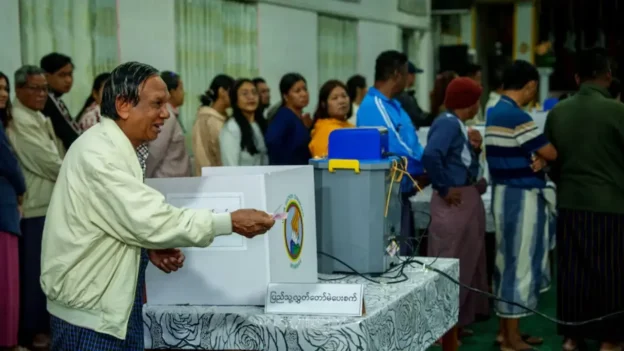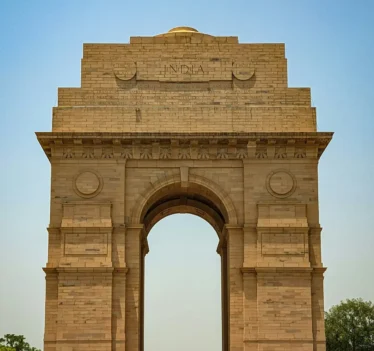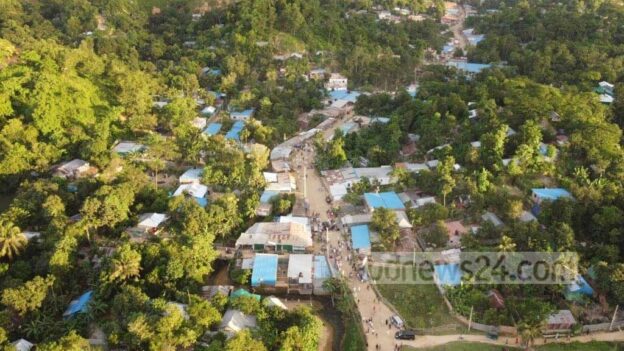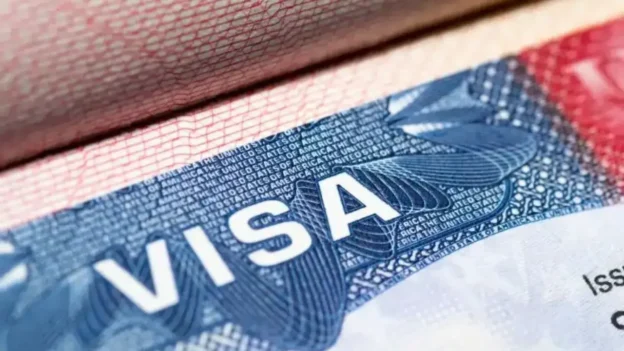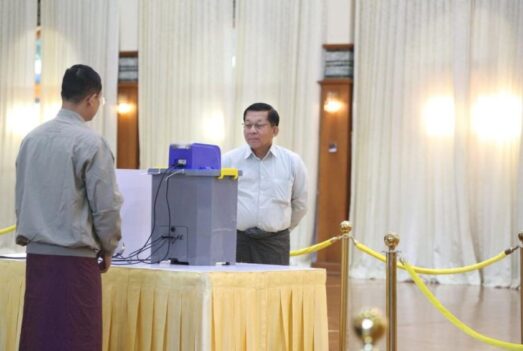In its bid to contain the prolonged and bloody ethnic conflict in Manipur, the central government has imposed President’s Rule, ushering in a fragile semblance of calm. While this move has temporarily subdued the violent clashes between the Chin-Kuki and Meitei communities, the deeper, more entrenched challenge of insurgency continues to fester. Rooted in extortion, intimidation, and violence, insurgent networks across the state appear to be regrouping—retreating into the dense jungles to revive their old playbook of ambushes, threats, and armed extortion.
According to highly placed security sources deployed in Manipur, recent arrests and recoveries indicate that various insurgent factions are exploiting the prevailing uncertainty to re-establish operational bases. Sources within security establishment report that the Valley-Based Insurgent Groups (VBIGs), including radical Meitei outfits such as the Arambai Tenggol has resumed underground activity. These groups, once active in patrolling their communities during the ethnic clashes, are now believed to be planning armed operations from hideouts near the Indo-Myanmar border.
Investigations suggest that several VBIGs have procured new caches of arms and ammunition, which have been transported to their bases along the frontier. Locations such as Kauntong, Borrowingqing, and Kamong have been identified by intelligence sources as potential hotspots for renewed militant activity. New Samtal, a village in Khengjoy Tehsil of Chandel district—where a deadly confrontation earlier this year claimed several militant lives in an Assam Rifles operation—remains under close surveillance amid reports of regrouping movements.
Joint operations involving the Assam Rifles, central security agencies, and the Indian Army have been intensified across vulnerable stretches of Chandel and adjoining districts that share extensive borders with Myanmar. The coordinated operations also cover parts of Kangpokpi district, where several Kuki-Zo dominated villages have declared non-cooperation with the government’s border fencing project. Similarly, the Kwakta area in Bishnupur district—a tense junction between the valley and the hills, frequently targeted in community raids—remains under constant watch.
Recent operations have exposed how deeply entrenched and adaptive the insurgent networks remain. In a major crackdown last week, combined forces dismantled multiple militant camps across Bishnupur district, seizing a significant cache of arms, ammunition, and explosives. Among the recovered weapons were assault rifles, pistols, double-barrelled guns, and bulletproof plates, alongside communications gear and large quantities of live ammunition.
In a parallel operation in Imphal West and Imphal East, security forces apprehended two cadres belonging to banned valley-based insurgent outfits. One, identified as Konthoujam Vikash Meitei, alias Tamthiba or Bungo, aged 22, was captured from his residence in Lamshang Haorang Sabal Mamang Leikai under Lamshang Police Station. Interrogation of the suspect led to the arrest of Nongmaithem Shyamkumar Meitei, alias Ramu, aged 39, from Uchon Awang Leikai in Imphal East. Shyamkumar, a resident of Sekmaijin Khunou in Kakching district, was linked to the proscribed Kanglei Yaol Kanna Lup (KYKL). Both arrests have provided valuable intelligence on local recruitment and cross-border linkages.
Officials say the resurgent insurgency in Manipur is further complicated by the civil war raging across the border in Myanmar. The porous frontier enables the free flow of armed militants, refugees, and contraband—including narcotics and illegal arms—that sustain the shadow economy of conflict. Kuki militant groups, some of which are believed to have received support or tactical assistance from anti-junta forces in Myanmar, continue to operate from cross-border bases and remain active in skirmishes with security forces and Meitei outfits alike.
As the region grapples with overlapping ethnic, political, and insurgent tensions, the central government’s challenge lies not only in maintaining law and order but in addressing the underlying drivers of rebellion and mistrust. The current phase of heightened security vigilance has contained large-scale violence for now—but the renewed stirrings in Manipur’s jungles are a stark reminder that peace, here, remains fragile and fleeting.


